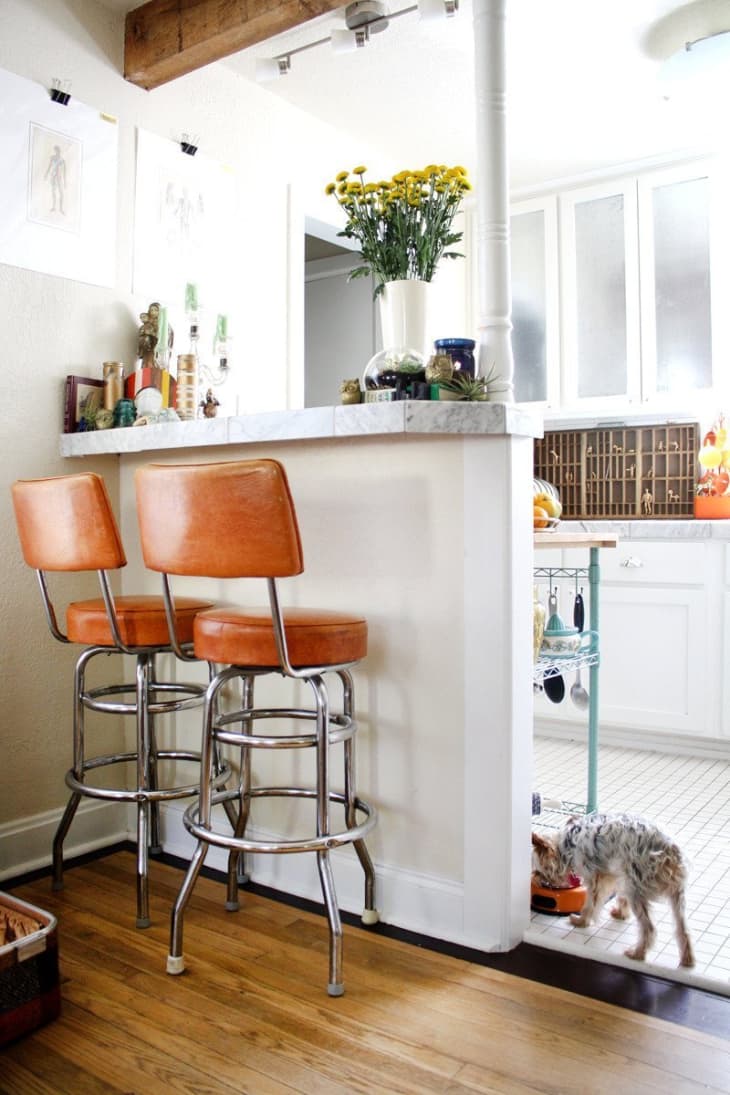How To Definitely Get Your Deposit Back: 10 Things To Do Before You Move Out
We independently select these products—if you buy from one of our links, we may earn a commission. All prices were accurate at the time of publishing.

(Image credit: Adrienne Breaux)
Moving is the worst, I get it. But not getting your rental deposit back? That is the worst of the worst. Make sure it doesn’t happen to you with our ten-tip guide.
- Clean the kitchen appliances. This is often one of the places people will look at first to gauge a home’s cleanliness, so scrub out the oven, wipe down the inside of the fridge, and clear the dishwasher drain.
- Clean the windows. This makes a big difference to how bright a space looks, and grimy windows do no one any favors.
- Wait, just clean everything. No need to scrub the walls (unless they’re really filthy), but a dust and vacuum of every room, with special attention to the kitchen and bathrooms, right before you move will leave the right impression.
- Spackle and paint. Fill any holes left by hanging things on the wall; use a proper caulk, and sand and re-touch the paint job afterwards. If it’s in your lease to return the walls to “renters’ white”, you might have to do a bit more in the way of painting.
- Don’t leave anything behind (or maybe do). There’s disagreement out there about this one: is it common courtesy to leave a roll of toilet paper in the bathroom and some lightbulbs, or annoying to the new tenant? In any case, get rid of everything else. No matter how helpful you think those old cleaning supplies or extra pots and pans might be, your landlord might disagree and charge you for clearing them away.
- Gather (all) the keys. This includes the set your parents have for when they visit, and the one up your friend down the road holds for emergencies. Whether you leave these for your landlord or destroy the extras is up to you.
- Take final meter readings. Not so much for the landlord, but important for your finances; take all meter readings on the date you move out, and inform your utilities suppliers asap.
- Arrange an inspection. People are much tougher when they don’t have to see your face, so being present for the final inspection always helps.
- Document everything. If you can’t be there in person, be sure to document the state of your rental when you leave with lots of photos, which if necessary you can compare to the ones you took when you moved in (you remembered to do that, right?)
- Know the laws. Be sure you know how the deposit scheme works in your area, and hold your landlord to the law. If necessary, small claims court is there if you need to settle a disagreement.
What do you think? Would you add anything to this list?